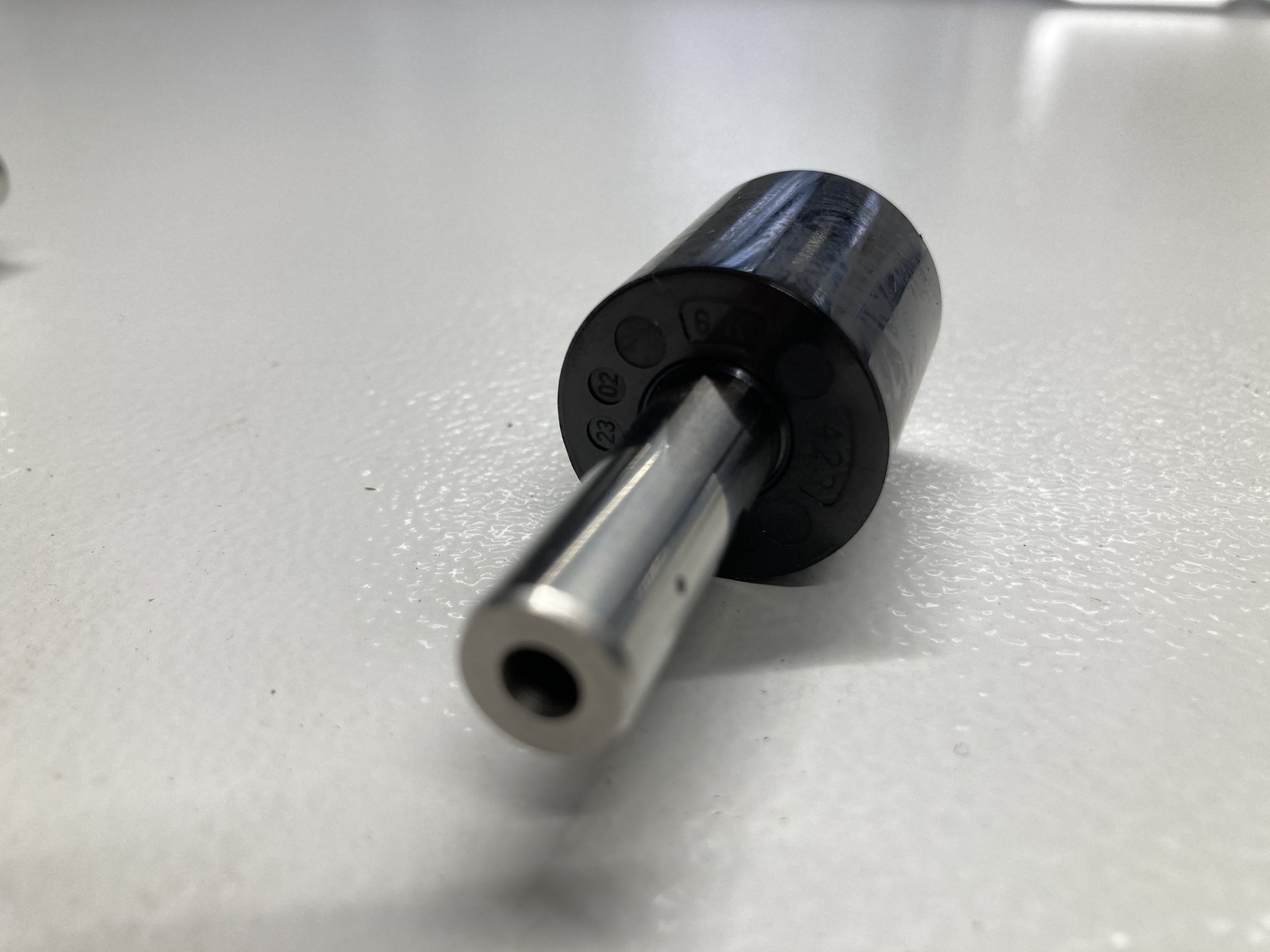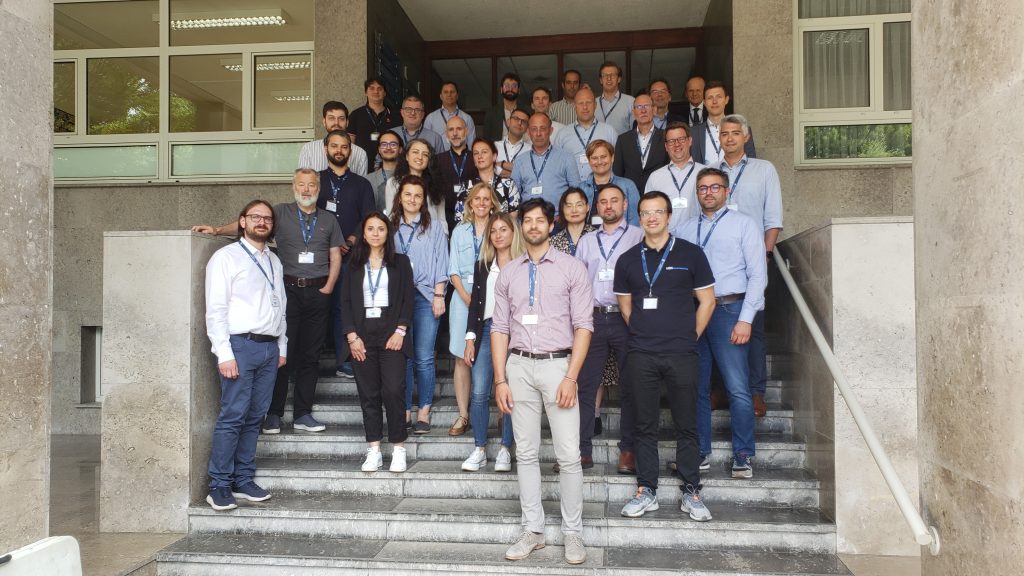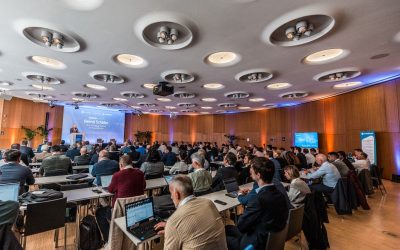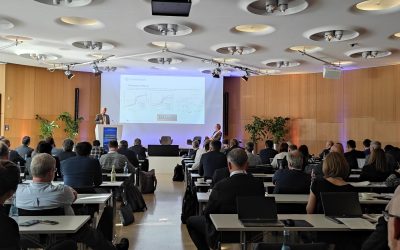The PASSENGER project achieves a significant milestone with the successful testing of the prototype integrating rare earth-free permanent magnets. With four tons of magnets produced using raw materials extracted and processed in Europe, the project demonstrates its commitment to greener, European-made solutions.
Prototype of Rare Earth-Free Permanent Magnets Successfully Tested
PASSENGER aims to develop rare-earth-free alternatives to conventional magnets, reshaping industries reliant on magnetic technology and paving the way for a greener and more sustainable future. From pump systems for water management to e-mobility solutions for greener cities, the project holds the potential to transform various sectors. The meeting of the PASSENGER partners, held in Slovenia (31 May – 1 June), showcased remarkable progress towards this direction. Within 24 months since its launch, the EU-funded project, coordinated by IMDEA Nanociencia, has successfully built and tested the prototype that integrates rare earth-free permanent magnets, marking a major breakthrough in sustainable magnetic materials. The project successfully manufactured four tons of powder using raw materials extracted and processed in Europe. The magnets prepared from that powder were then integrated into motors manufactured in Europe, culminating in the assembly of a fully “made-in-Europe” prototype. This achievement aligns with the European Commission’s Critical Raw Materials Act, addressing the continent’s reliance on critical raw materials.

Rotor with PASSENGER’s ferrite material directly molded onto the shaft
Collaborative Strides
Hosted by the Jožef Stefan Institute (JSI), the two-day meeting witnessed dynamic discussions, highlighting the significant strides made in various work packages. The first day of the meeting focused on advances in Manganese-Aluminum-Carbon (MnAlC), exploring different compositions and their influence on the material’s properties, such as its mechanical strength, magnetic behavior, or thermal properties. Partners from LCM, METALPINE, and IMDEA shared their progress in transitioning from casting to powder production. METALPINE and IMDEA also shed light on the next steps in the material’s development, presenting a promising path forward. In parallel, discussions unfolded around precursor production, involving conclusions from LCM, MBN, TUDA, and IMDEA. The compounding phase, spearheaded by BARLOG, was addressed, along with the challenges of hot compaction managed by TUDA and WILO. Day one further explored vital aspects such as sustainability, techno-economic considerations, and health and safety assessments related to raw materials based on the work of ICAMCYL, MNLT and UNE. Dissemination and communication efforts were also discussed extensively, with ESF and ICAMCYL underscoring the importance of sharing project outcomes widely.
Day two of the meeting focused on the advances in hard ferrite magnets, delving into powder precursor materials, with input given by ILPEA, IMDEA and JSI. Compounding and injection-molding aspects were also explored, with insights from BARLOG, KOLEKTOR, and IMA. The integration of PASSENGER’s hard ferrite magnets into various products took center stage during the meeting. Collaborative efforts between WILO, KOLEKTOR, BARLOG, TIZONA, IMA, and OSLV showcased the potential applications in pump systems, e-scooters, e-motorbikes, gear motors, and actuators. CRF provided an update on ongoing evaluations for additional potential applications in electromobility. As the meeting drew to a close, emphasis was placed on the coordination and management of the PASSENGER project. Effective collaboration and seamless communication among stakeholders were highlighted as crucial elements for achieving the project’s goals.
“We are thrilled to celebrate this first prototype by the PASSENGER project, and we are only halfway through,” stated Prof Alberto Bollero, Scientific and Technological Coordinator of PASSENGER. “This achievement underscores the potential of conducting research and innovation within Europe while actively moving towards industrial production. By finding a common language and defining a joint strategy, we can drive sustainable technological advancements that benefit Europe and the world.”
The PASSENGER project continues to advance, with further milestones on the horizon. As the project progresses, it is expected to contribute significantly to the development of sustainable magnetic materials, fostering a more environmentally conscious and resource-efficient future.
For more information about the PASSENGER project and its groundbreaking research, please visit the official website at https://passenger-project.eu.

The PASSENGER partners during the consortium meeting in Ljubljana, Slovenia, 31 May – 1 June 2023




